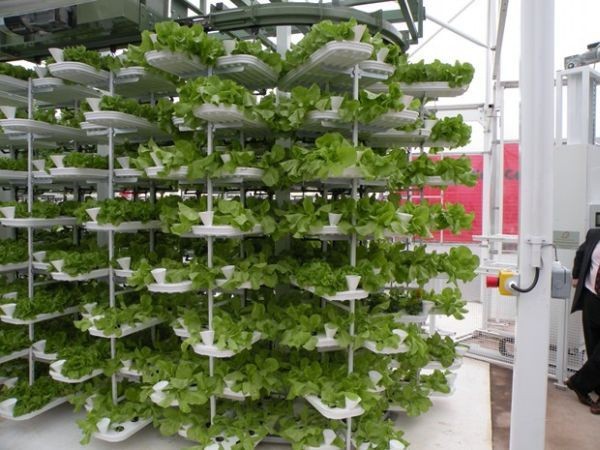
Is everyone ready for the increase in world population in the year 2050? Already, the world is bursting at the seams. The big question is whether the current rate of food production is enough for everyone by that time? Food is critical, of the meantime, we are wasting tons of food every day. Most of it is discarded in trash bins, not knowing what wasted we are doing.
Nothing is perfect yet, and hydroponics will serve as alternates in case normal agricultural methods fail. Backing up food production with this method offers a better and less land-intensive use. Already, massive swathes of land are destroyed and even the Amazon is victimized by man-made forest fires.
Hydroponics food production is like stacking dice because of the costs it has. It needs a very controlled environment with a regular temperature kept inside the facility. Not to mention how much is spent to control all systems and keep everything at an equilibrium. This is the challenge for most hydroponics engineers to accomplish. Despite what the organizers are attempting to accomplish, one critique is that only leafy greens are planted there. When some consider high calorie, crops should be a priority, not leafy greens.
Realizing the full impact of the problem there are organizations like the "Biospheric Foundation" that is actively engaging in hydroponics farming. But, most enterprises like this are not so financially viable for entrepreneurs. In the end, everything bottomed out and lost money too, worse is putting the project in debt. But, the promise as the next wave of food production has been tested despite the massive loss for its organizers.
One of the targets of this enterprise is to go more than local production and earn from it to support their setup. One of their benefactors paid a sum to keep the project afloat. The organizers want to start small scale and increase gradually to finance all the expenses for the project.
Projects like this do not get massive sponsorship compared to tech startups, but the organizer is hopeful to get the losses back. One way is through selling salad boxes to businesses and those interested in a yearly subscription. Other options are greens given to local schools to drive a fund for the project.
The Biospheric Foundation is only one of many projects that will give boons to the hydroponics farming concept. When land is lost to commercialization and not putting the available to good use, hydroponics offers a convenient vertical solution for planting crops. One of the advantages of hydroponics is less water is used in controlled environments like the Biospheric project.
For now, this might not pick up a boom, like other businesses that deal with eco-friendly, sustainable farming without chemicals. This does not stop the organizers from attempting hydroponics farming and could be the next best method of food production. With food security coming into focus, this will be a big issue for everyone soon. With ideas like Biospheric Foundation and others leading the way there a chance for achieving food security by 2050.
Related Article: 'This is the farming of the future': the rise of hydroponic food labs
© 2026 ScienceTimes.com All rights reserved. Do not reproduce without permission. The window to the world of Science Times.











